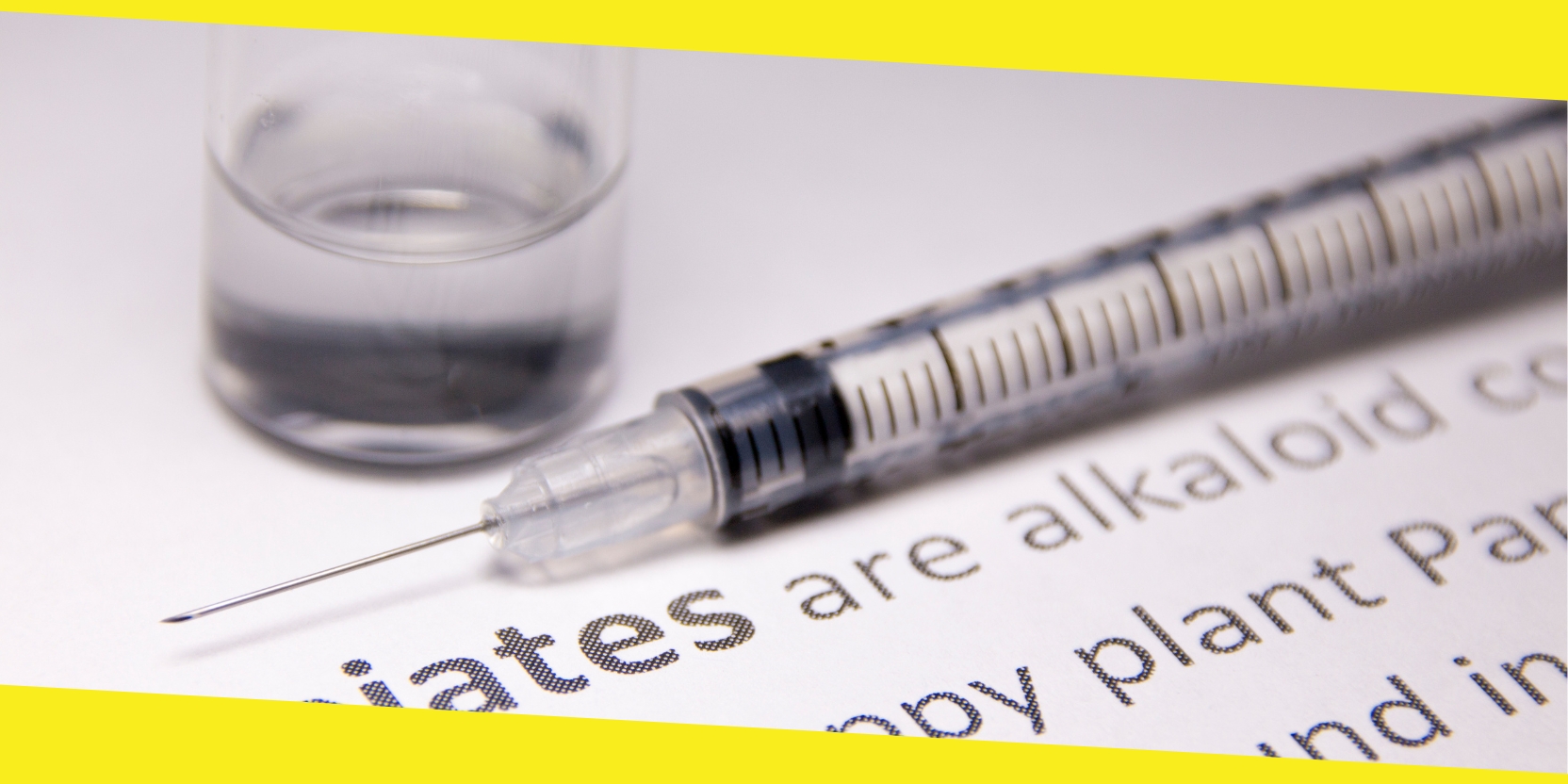
In 2020, opioids were responsible for over 68,000 deaths in the United States. For this reason, there are numerous situations when an organization will test for the presence of such drugs in a person’s system to prevent safety risks. If you have recently received a request to take an opioid drug screening, learning more about the experience can make the process more straightforward.
-
You Will Hear the Terms “Opioids” and “Opiates”
When you are about to undergo opioid testing, it is likely that you will hear the terms “opioids” and “opiates” in similar settings from different individuals. The reason for this is that is common for people to use the terms interchangeably, however, there are some differences. An “opiate” is a type of opioid that comes naturally from the opium poppy plant such as heroin, morphine and codeine, whereas “opioids” refer to all-natural, semisynthetic and synthetic opioids.
-
Opioid and Opiate Testing Covers Multiple Drugs
In general, opioid and opiate drug testing cover multiple drugs. For example, opiates include the medicines codeine and morphine, as well as the illegal drug heroin. Tests typically cover all of these drugs in addition to synthetic opioids such as oxycodone, hydrocodone, hydromorphone, oxymorphone, methadone and fentanyl.
-
False Positives Can Occur
Depending on the medications that you take, the food you consume and numerous other factors, false positives can and do occur with drug tests. Sometimes, individuals foresee these issues ahead of time, especially when it concerns prescribed medication; however, other times it is more of a surprise. For example, did you know poppy seed bagels can lead to a false positive? It is true? Find out how long do poppy seeds stay in system before taking an upcoming drug test if you eat these breakfast items regularly.
-
Reasons for Opioid and Opiate Testing Can Vary
The reasons why you might need to take an opioid and opiate drug test can vary. For many people, potential employment is a major reason. Others may have to undergo testing for legal reasons. For example, if you are part of a criminal or motor vehicle accident investigator or you are taking part in a court case, a drug test might be a requirement of your participation. If your doctor notices signs of drug addiction or abuse or if he or she wants to prescribe a medication that might have a bad interaction with opioids or opiates, you may also receive a request from a healthcare provider.
-
Three Types of Opioid Tests Exist
As with many other types of drug tests, there are three opioid and opiate testing types that you can choose from, including urine, blood or saliva. Depending on the reason for your test and who is requesting it, you may not have a say in which type you take though. Many places establish this information with the testing entity before submitting their request.
In most cases, opioid and opiate drug testing is a quick and painless procedure. If you have concerns about an upcoming drug test appointment, contacting the testing administrator ahead of time may be helpful.